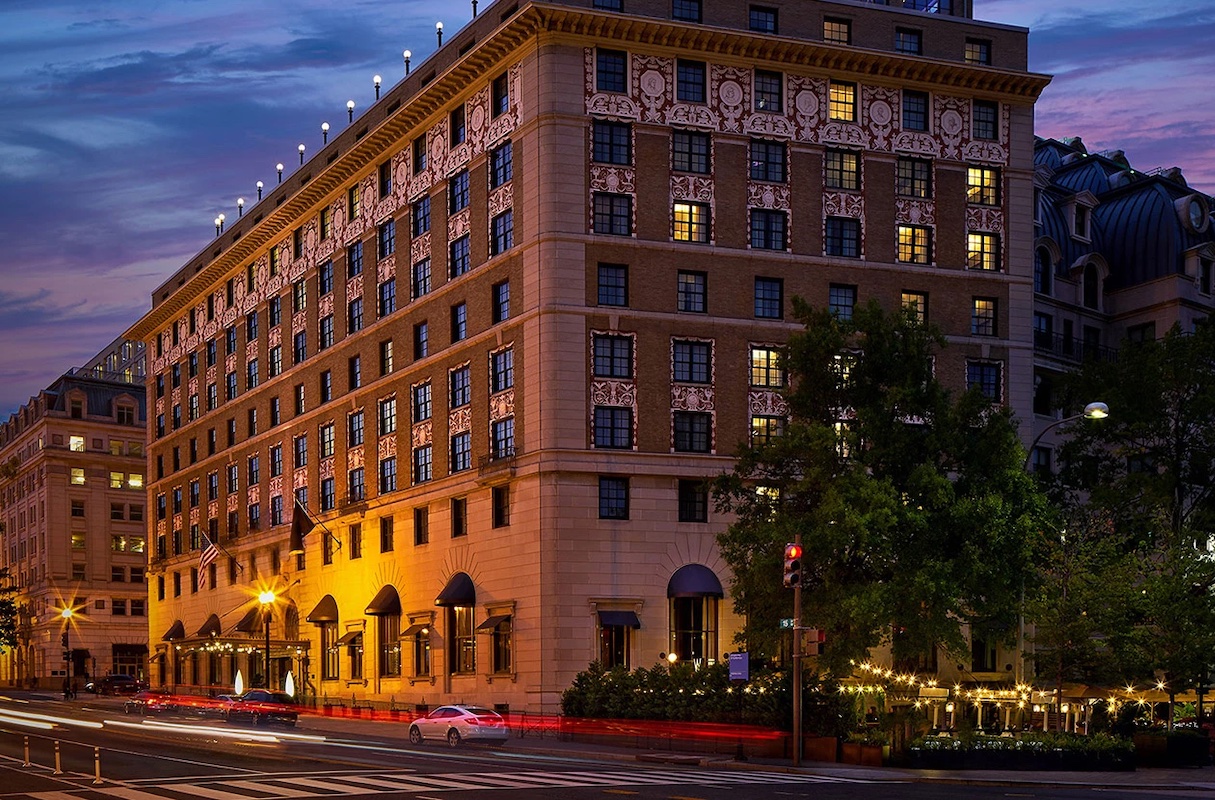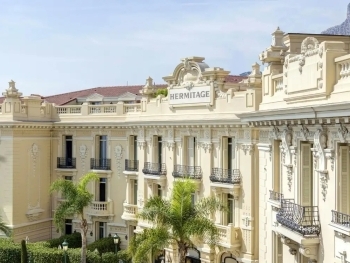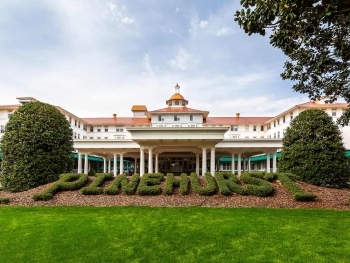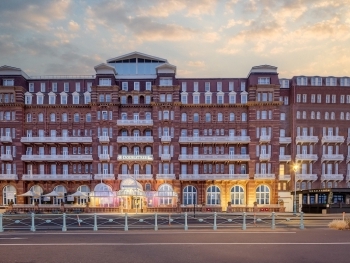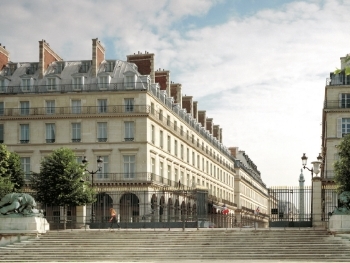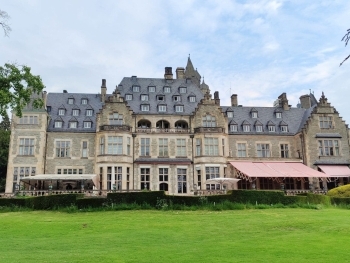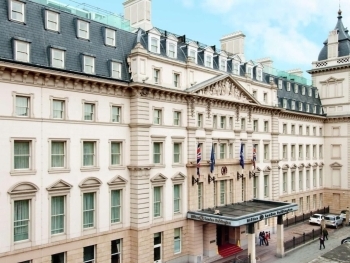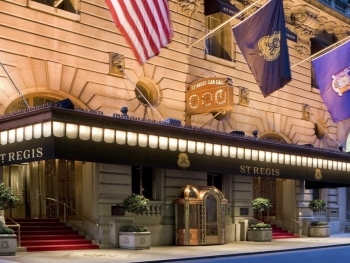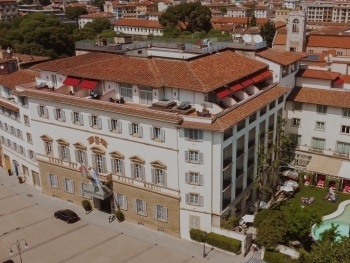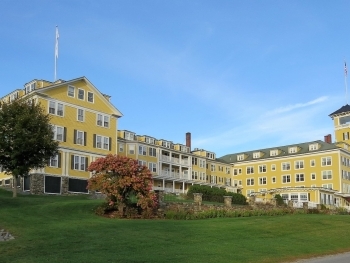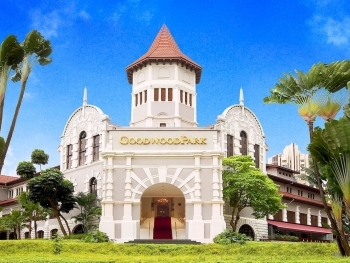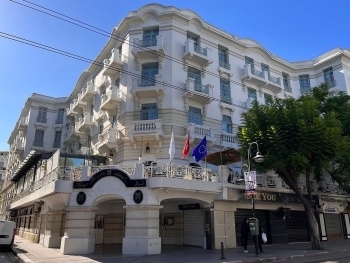Hotel Washington, an iconic establishment nestled in the heart of Washington, D.C., embodies a rich tapestry of history, culture, and architectural splendor. Opened in 1917, the hotel has witnessed significant historical events, hosted numerous dignitaries, and served as a cultural touchstone for over a century. This article delves into the history, architectural significance, cultural impact, and modern-day relevance of Hotel Washington.
Historical Background
Early Years
Designed by the renowned architectural firm Carrère and Hastings, Hotel Washington was inaugurated in 1917. Its opening coincided with a period of significant growth and modernization in the nation’s capital. The hotel quickly became a favorite among politicians, foreign dignitaries, and celebrities due to its prime location near the White House and its luxurious amenities.
Prohibition Era and the Roaring Twenties
During the Prohibition era, Hotel Washington became a discreet yet popular venue for social gatherings. The rooftop terrace, offering stunning views of the White House and the Washington Monument, was particularly favored for its elegance and exclusivity. The 1920s saw the hotel thrive as a social hub, with jazz music and extravagant parties defining its vibrant atmosphere.
Mid-20th Century
The mid-20th century was a transformative period for Hotel Washington. It continued to be a central location for political and social activities. The hotel’s lounges and dining rooms were often the backdrop for significant political discussions and decision-making processes. Notably, the 1950s and 1960s saw an influx of international visitors as Washington, D.C., cemented its status as a global political epicenter.
Architectural Significance
Design and Style
Hotel Washington is an exemplar of Beaux-Arts architecture, a style characterized by its grandeur and attention to detail. The building's façade features intricate stonework, large arched windows, and ornate cornices, reflecting the opulence of early 20th-century design. The interior boasts high ceilings, grand chandeliers, and elegant furnishings that evoke a sense of timeless luxury.
Renovations and Restorations
Over the years, the hotel has undergone several renovations to preserve its historical integrity while updating its facilities to meet contemporary standards. A significant renovation in the early 2000s focused on restoring the original architectural details, such as the grand lobby and the rooftop terrace, while integrating modern amenities like state-of-the-art conference rooms and high-speed internet.
Cultural Impact
A Hub for Politics and Society
Hotel Washington’s proximity to the White House and other key government buildings has made it a favored location for politicians, lobbyists, and journalists. The hotel’s bars and restaurants have been the site of countless informal meetings and off-the-record conversations that have shaped national and international policies.
In Popular Culture
The hotel’s distinct charm and historical significance have also made it a popular setting in literature, film, and television. It has been featured in numerous movies and TV shows, often depicted as a quintessential Washington, D.C., landmark. Its iconic rooftop, with panoramic views of the city, remains a symbol of the capital’s beauty and grandeur.
Modern-Day Relevance
Recent Renovations and Rebranding
In recent years, Hotel Washington has undergone extensive renovations aimed at modernizing the facilities while preserving its historical essence. The most recent transformation saw the hotel being rebranded as "W Washington D.C." in 2008, part of the W Hotels chain owned by Marriott International. This rebranding effort brought a contemporary, chic vibe to the hotel, attracting a younger, trendier clientele without alienating its traditional guests.
Sustainability Initiatives
As part of its modernization efforts, Hotel Washington has also embraced sustainability. The hotel has implemented numerous eco-friendly practices, such as energy-efficient lighting, water conservation measures, and a comprehensive recycling program. These initiatives reflect the broader industry trend towards sustainability and the hotel’s commitment to reducing its environmental footprint.
Hotel Washington stands as a testament to the rich history and evolving culture of Washington, D.C. Its storied past, architectural grandeur, and continued relevance make it a beloved landmark in the nation’s capital. As it continues to adapt to the changing times, Hotel Washington remains a symbol of elegance, history, and the enduring spirit of Washington, D.C.
References
- Washington Post Archives
- National Register of Historic Places
- Marriott International Press Releases
- Historical Society of Washington, D.C.
Hotel Washington, with its blend of historical charm and modern luxury, continues to captivate visitors from around the world, ensuring its place as a cornerstone of Washington, D.C.'s hospitality landscape for years to come.

